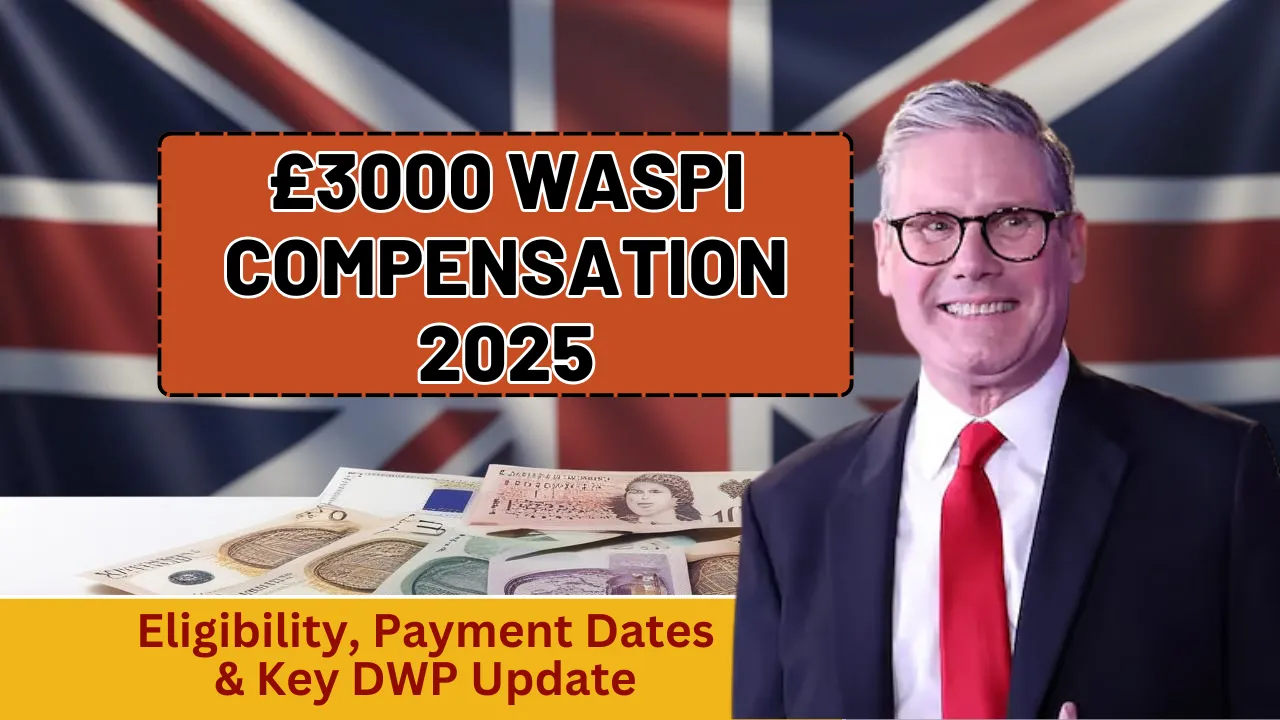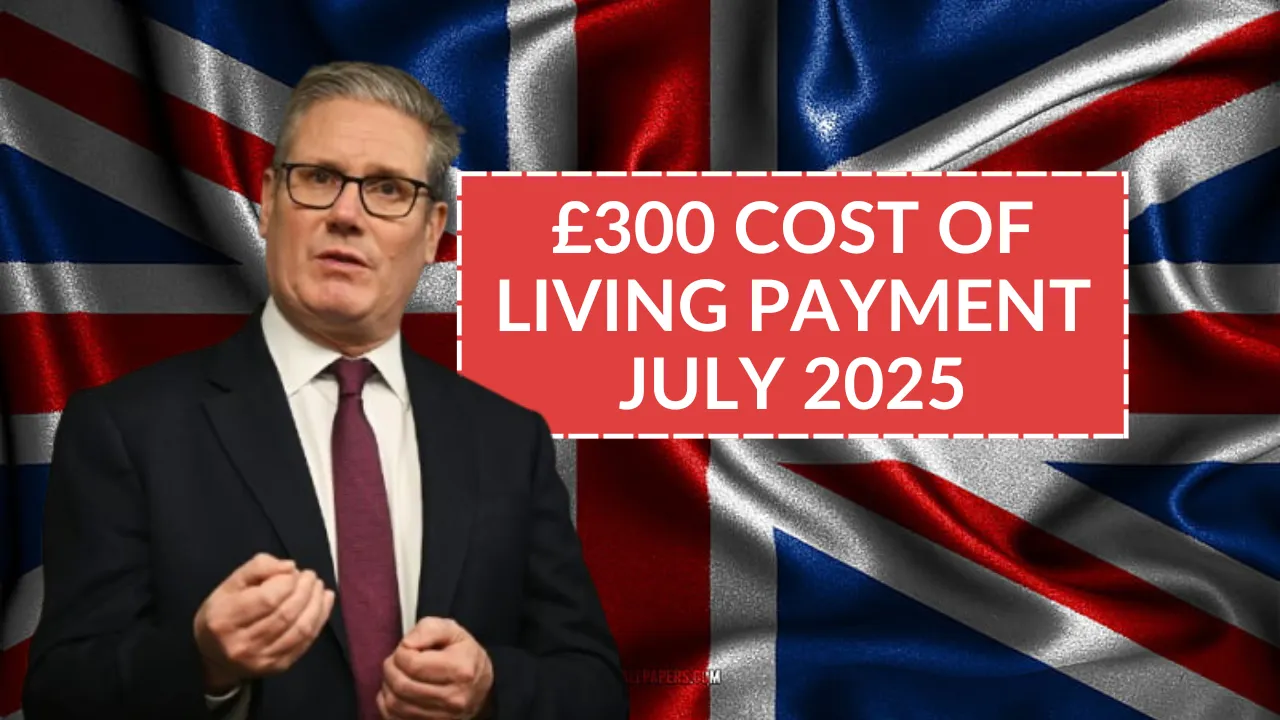£500 Boost Universal Credit 2025: A major support update is on the way for families claiming Universal Credit. The government has confirmed a new measure that will offer a £500 annual boost through the expansion of free school meals. This change is set to benefit hundreds of thousands of children and ease the cost burden for struggling households across England.
With the £500 Boost Universal Credit 2025, every child of a Universal Credit claimant will now qualify for free school meals, regardless of household income. This simple but powerful change is designed to fight child poverty, reduce food insecurity, and provide meaningful financial help to families already dealing with rising living costs. In this article, we’ll break down who’s eligible, how the process works, and when the support will be available.
£500 Boost Universal Credit 2025
The £500 Boost Universal Credit 2025 plan removes the old income threshold that limited access to free school meals. Previously, only households earning under £7,400 annually (excluding benefits) qualified. Under the new policy, every Universal Credit claimant will be automatically eligible, regardless of their earnings.
This move is expected to benefit nearly half a million more children and lift 100,000 out of poverty. For families, the savings are substantial — up to £500 per child per year. This is a real financial boost that will also help reduce pressure on household budgets strained by food, energy, and rent expenses.
Overview Table: £500 Boost for Universal Credit Claimants
| Detail | Information |
| Policy Name | £500 Boost via Free School Meals |
| Who It Helps | All Universal Credit claimants |
| Annual Savings Per Child | £500 |
| Application Opens | Summer 2026 |
| School Rollout Date | September 2026 |
| Previous Income Threshold | £7,400 per year (removed under new rules) |
| Number of Children Benefiting | Estimated 500,000 |
| Children Lifted from Poverty | Around 100,000 |
What’s Changing?
Under the current system, eligibility for free school meals depended on income level. Only those earning less than £7,400 a year (excluding benefits) could apply. This left many families, especially those just above the threshold, without any help — even though they still struggled to afford daily school meals.
Starting in September 2026, this will change. Any family receiving Universal Credit will be entitled to free school meals for their children. Income level will no longer matter. This simplifies the process and ensures that no child is left out simply because their parents earn just over the limit.
This policy is not only about saving money — it’s about ensuring that every child has access to healthy food during the school day. It also cuts down paperwork for families and schools, making the process easier and faster for everyone involved.
Financial Impact on Families
The financial benefit of this policy is clear and direct. Families with one school-aged child could save £500 per year, while those with two or three children can save £1,000 to £1,500 respectively. These savings free up household income for other essential needs, such as:
- Heating and electricity bills
- School uniforms and supplies
- Rent or mortgage payments
- Transport and childcare
Here’s a breakdown of potential annual savings:
| Household Size | Savings Per Child | Total Annual Savings |
| One child | £500 | £500 |
| Two children | £500 x 2 | £1,000 |
| Three children | £500 x 3 | £1,500 |
For families under financial stress, these savings represent more than just free meals — they provide room to breathe.
Eligibility Criteria
The eligibility requirements for the £500 Boost Universal Credit 2025 are simple and clear:
- You must be receiving Universal Credit.
- Your child must be enrolled in a state-funded school in England.
- There is no income limit — if you receive Universal Credit, you qualify.
This change is especially helpful for working families whose earnings previously disqualified them from help but who still struggled to cover school meal costs. Now, every child in a Universal Credit household will be eligible, regardless of how much their parents earn.
However, it’s important to remember that families must still apply for free school meals through their local authority or their child’s school. Proof of Universal Credit, often through a National Insurance number, may be required to complete the application.
Timeline for Implementation
Here’s when families can expect the rollout of this benefit:
| Milestone | Date |
| Policy Announcement | June 2025 |
| Application Period Opens | Summer 2026 |
| Program Launch in Schools | September 2026 |
Although the policy has been announced, the benefits won’t be available until September 2026, which aligns with the new academic year. Families are advised to check with their local authority or child’s school in advance to ensure they don’t miss any steps in the application process.
Broader Impact on Child Poverty
This policy is expected to lift 100,000 children out of poverty, a major win in the fight against inequality. Free school meals play a vital role in:
- Improving concentration and academic performance.
- Boosting physical and mental health in growing children.
- Reducing stress on parents who worry about daily food costs.
- Ensuring that no child goes through the school day hungry.
Access to free school meals supports learning, reduces stigma, and helps create equal opportunities for children from all backgrounds.
How to Apply
Even though eligibility will be automatic for Universal Credit claimants, families will still need to submit a basic application to start receiving the support. Here’s how:
- Apply through your local authority’s website, or
- Contact your child’s school directly for guidance.
Applications are expected to open in Summer 2026, a few months before the benefit is rolled out in schools. To ensure a smooth process, families should apply early, have their Universal Credit details ready, and double-check deadlines with their local council.
FAQs
When will the expanded free school meals begin?
The new support will be available from September 2026, at the start of the school year.
Do I qualify if I receive Universal Credit but earn above £7,400 a year?
Yes. All Universal Credit claimants are eligible, regardless of income.
How do I apply for this support?
Apply through your local authority or child’s school by confirming your Universal Credit status.
How much will I save per child?
You can save up to £500 per year per child on school meals.
Do I need to reapply every year?
Most schools require annual confirmation, so it’s likely that you’ll need to reapply each academic year unless advised otherwise.
Final Thought
The £500 Boost Universal Credit 2025 is more than just financial relief — it’s a bold step toward supporting families, fighting child poverty, and giving children a better chance to succeed in school. Whether you have one child or three, this new support will help stretch your budget and ensure your kids have access to nutritious meals each day.
Make sure to apply early when the application period opens and check with your local school or council for the latest updates. Feel free to share this article with others who may benefit and explore more government support options available for families like yours.












